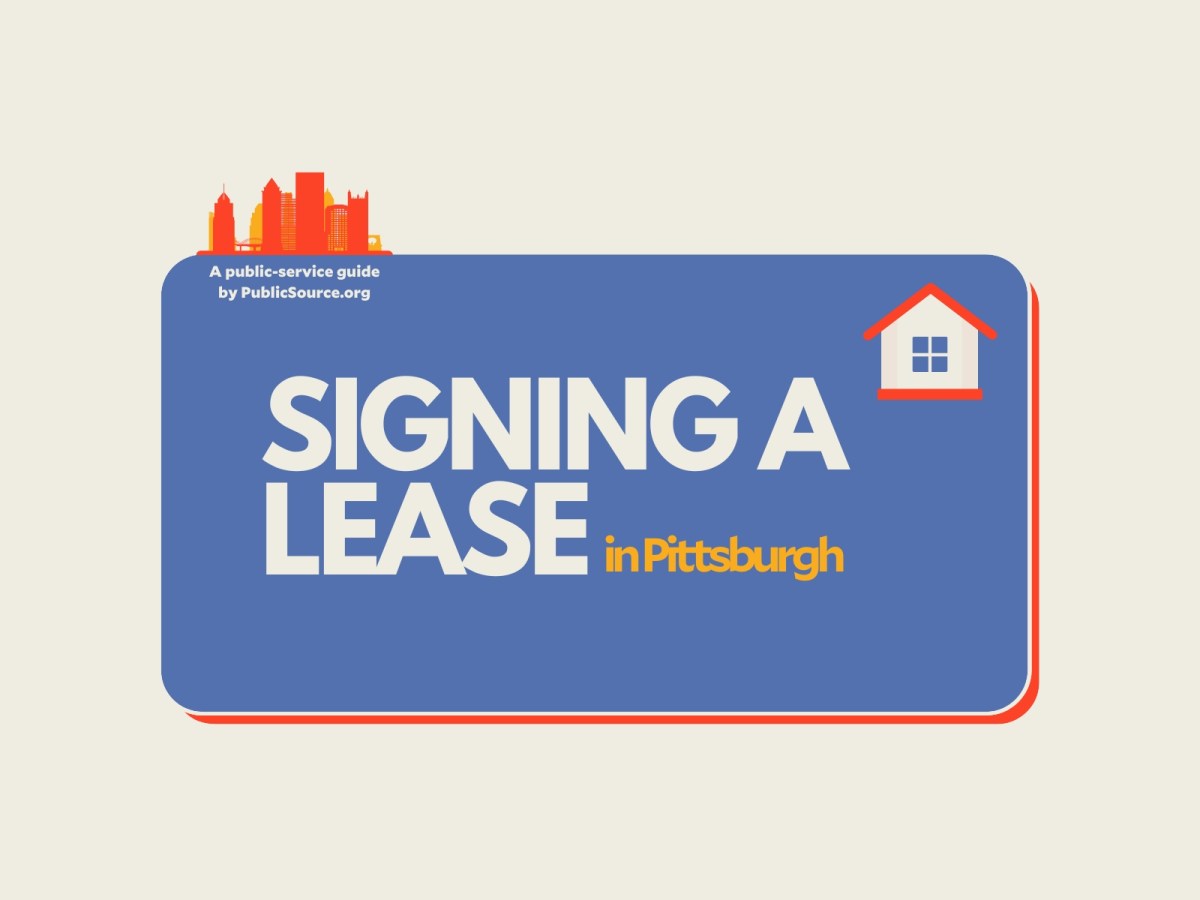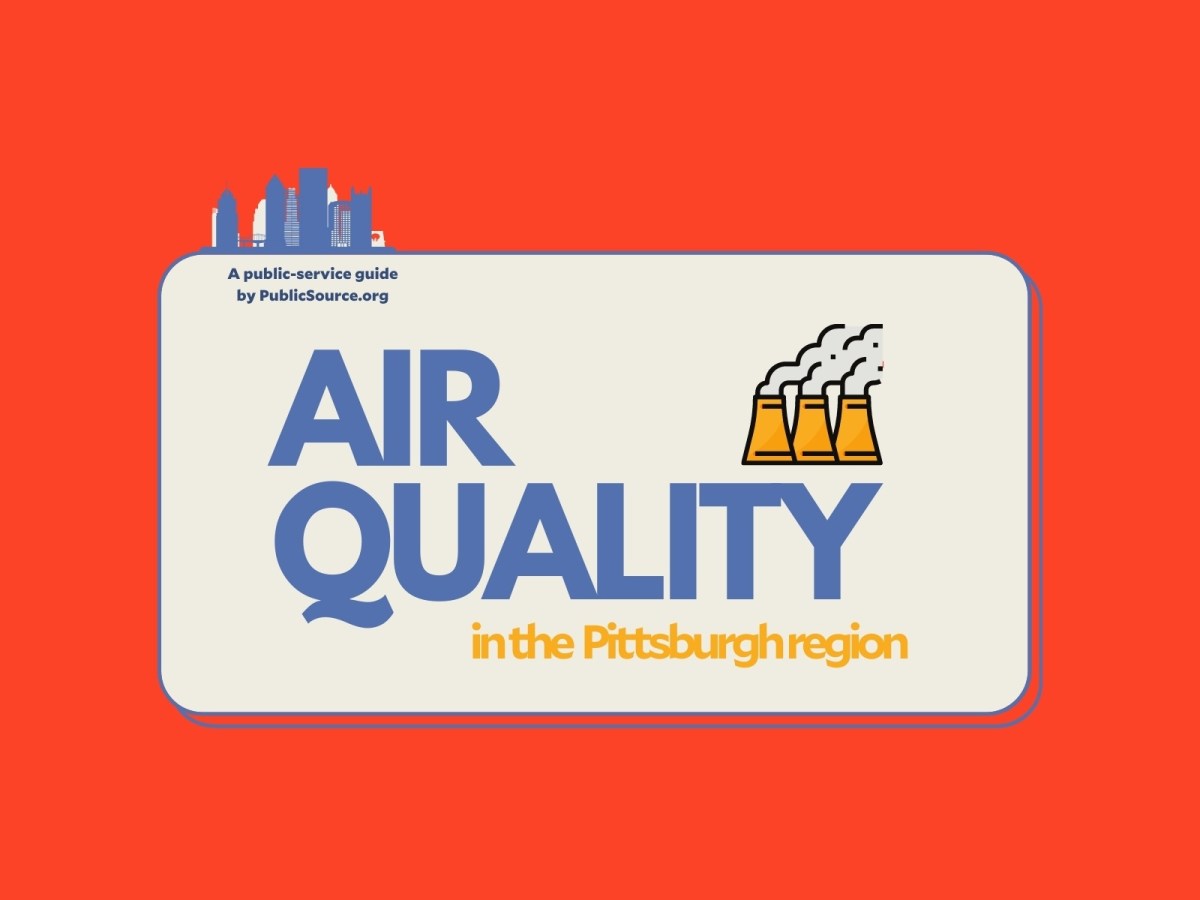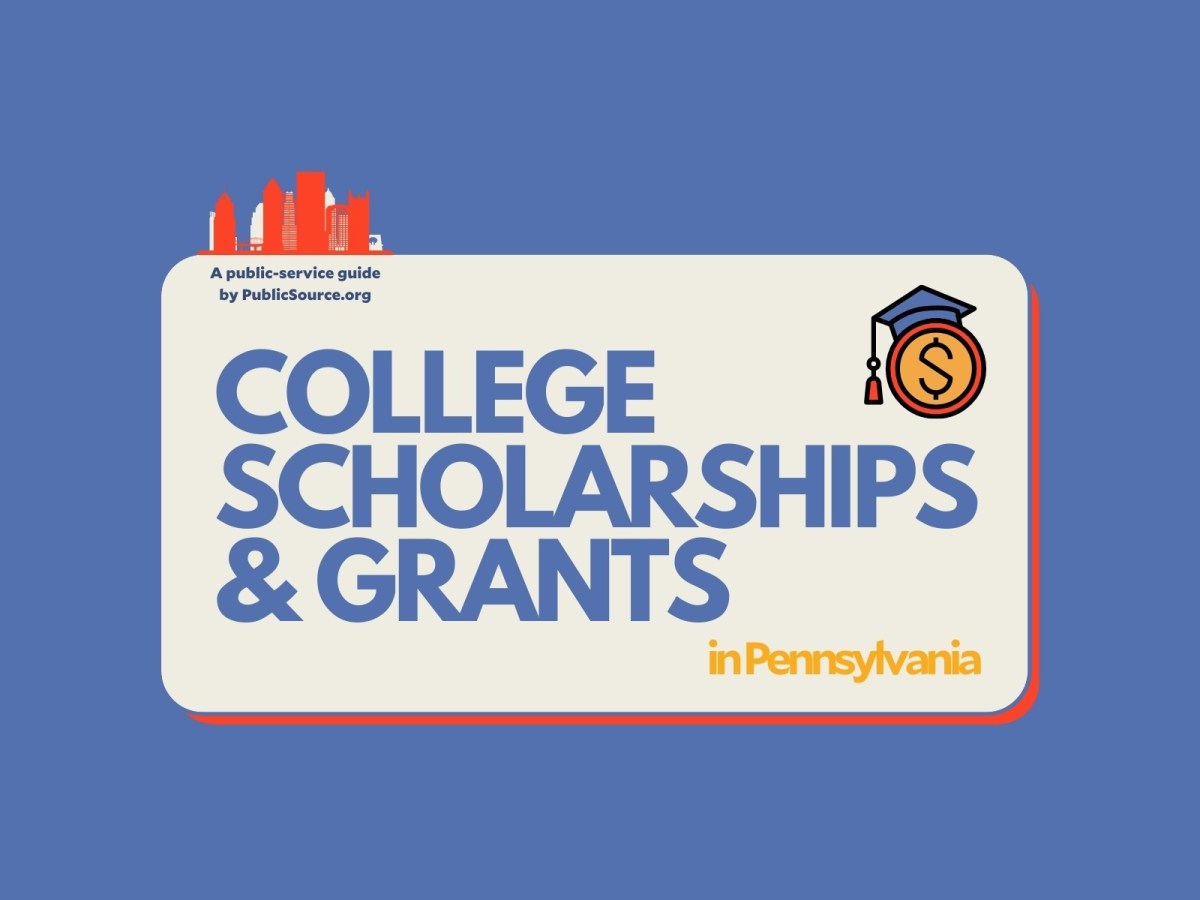There are hundreds of after-school programs to choose from in Allegheny County, and finding the right one can be challenging.
Each program offers different services or caters to different areas of interest. Some may be focused on arts and sciences, while some might offer only sports activities. Others may offer help with schoolwork.
So how do you choose the right program for your child? What is the cost? How can you manage transportation?
This resource guide helps answer some of these questions and can serve as a starting point to choose a quality out-of-school time program for youth in kindergarten through high school.
Email info@publicsource.org with additional resources or questions for us to consider for future public-service guides.
What kind of program should you choose?
After-school programs are not only a place to keep a child safe and engaged while parents are at work, but they also serve as a space for children to hone their skills and interests. Studies have shown that quality after-school programs promote youth development, foster social and emotional learning and can improve academic outcomes.
Organizations working with out-of-school time providers suggest parents look for a program that best aligns with their child’s interests and needs.
“It’s really important to ask the program what their community feel [and] their community interactions are like,” said Karen Dreyer, executive director at Allegheny Partners for Out-of-School Time [APOST].
She said even though after-school programs might not be the best place for additional schoolwork after eight hours of classes, some can help with homework, taking the burden off parents and addressing pandemic-induced learning loss.
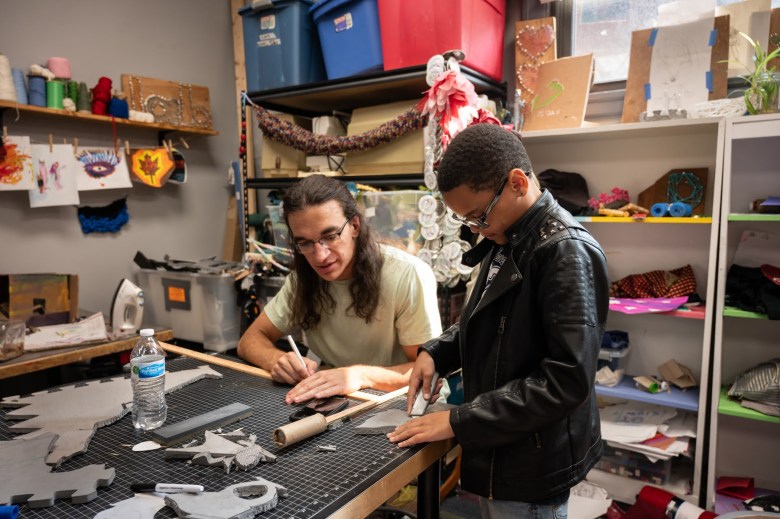
Where to begin your search for an after-school program?
Most programs offer recurring services before school, after school or even during school hours. Here are some places you can get started to find an out-of-school time program:
- Pittsburgh Public Schools [PPS]: PPS partners with nearly 190 after-school service providers and can help connect parents and students with a program of their choice. Parents can then directly reach out to a provider for registration and further steps. PPS works with all partner organizations to build strategies for serving students with special needs.
- APOST: APOST focuses on advocating for and serving as a collective resource for after-school programs. They also work with the providers in areas such as professional development to retain the program quality.
- Allegheny Childcare Finder Tool: Developed by Trying Together and APOST, this tool is designed to help families find child care, after-school programs or summer programs. Parents can customize their search based on their location, transportation accessibility, children’s age, program type and ratings.
- Brown Mamas: A compilation of after-school programs sorted by neighborhood.
- Early Learning Resource Center [ELRC]: ELRC offers numerous tools and resources for finding quality child care. Parents can also apply for financial assistance if they are unable to afford a program of their choice.
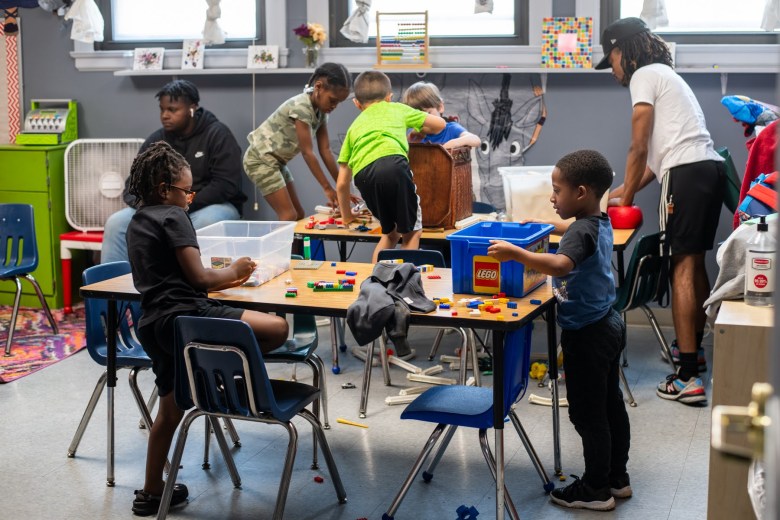
How and when to register for an out-of-school time program?
Every provider has different requirements. Some programs run through the entirety of the school year and can take in students at different times. Registration for summer programs can begin as early as January or February.
Christine Cray, director of student services reforms at PPS, said most programs that partner with PPS open around October, but it’s never too early for parents to start looking at options because many programs continue operating right from their summer program into the school year.
Most providers have their own application process, which can generally be accessed on their websites. Once a parent has chosen an after-school program, ELRC can assist them with fulfilling the requirements for the application process, said Becky Czekaj-Dengler, director of ELRC.
Stephanie Lewis, director of relationships at Remake Learning, a network that supports equitable learning practices, said it’s best practice for parents to reach out and have conversations with different providers at any time during the year even if there are waitlists.
Dreyer of APOST said many programs fill up quickly and parents should ideally start their search by July.
What kind of low-cost or free options are available?
Some after-school programs receive federal funding, some receive private grants and some require tuition. While some programs have a fee associated with them, there are many low-cost or free options out there.
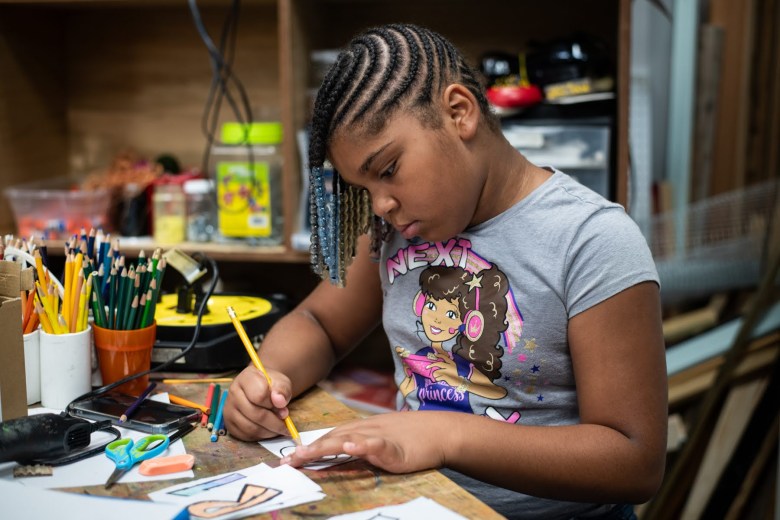
Czekaj-Dengler said if a child is younger than 12, the family can qualify for a childcare subsidy through ELRC. If eligible, their weekly copay can be as low as $5 based on their income. If a relative volunteers to act as a provider for a family, ELRC also pays the relative for taking care of the child.
Cray said PPS requires out-of-school time partners to share information about how parents can apply for scholarships or fee waivers.
“We know … the data behind family income for our students that we serve … and we know that that’s an area of need,” she said.
In the last few years, PPS has used the pandemic relief ESSER funds to bring in community partners at schools. Some PPS schools have also collaborated with different partners using their own budgets to provide those services at no cost to students. When the ESSER funds expire next year, PPS plans to work with foundations to attract funds.
How to navigate the challenge around transportation?
Transporting younger kids to a program can pose a challenge, especially if both parents are working. But there are some options available.
YMCA’s Before and After School Enrichment Programs operate at 24 school locations across the city. Children stay at their school after the normal school day ends and parents can pick them up there.
Some programs such as those at The Pittsburgh Project on the North Side have vans that can pick up students from their school and transport them to the program site.
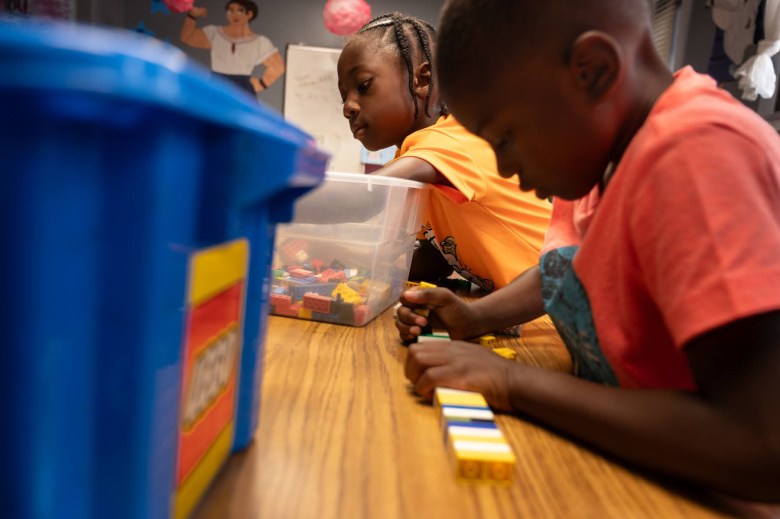
PPS has worked with its transportation office to find opportunities for alternate drop-offs at after-school program locations based on the bus routes. Older students also get access to Pittsburgh Regional Transit bus passes.
Through the Allegheny Childcare Finder Tool, parents can also look for programs conveniently located to them.
Dreyer said parents can also explore carpooling options if they know someone going to the same program.
Lewis of Remake Learning said transportation is a common struggle across out-of-school time programs at present and she encourages parents to not be deterred by it. She added:
“I would just encourage parents to not see that as a barrier. I think the best piece of advice would be: You know your child. Find a program that really matches their interests, because in the future, it will be a huge benefit for their life.”
Lajja Mistry is the K-12 education reporter at PublicSource. She can be reached at lajja@publicsource.org.


